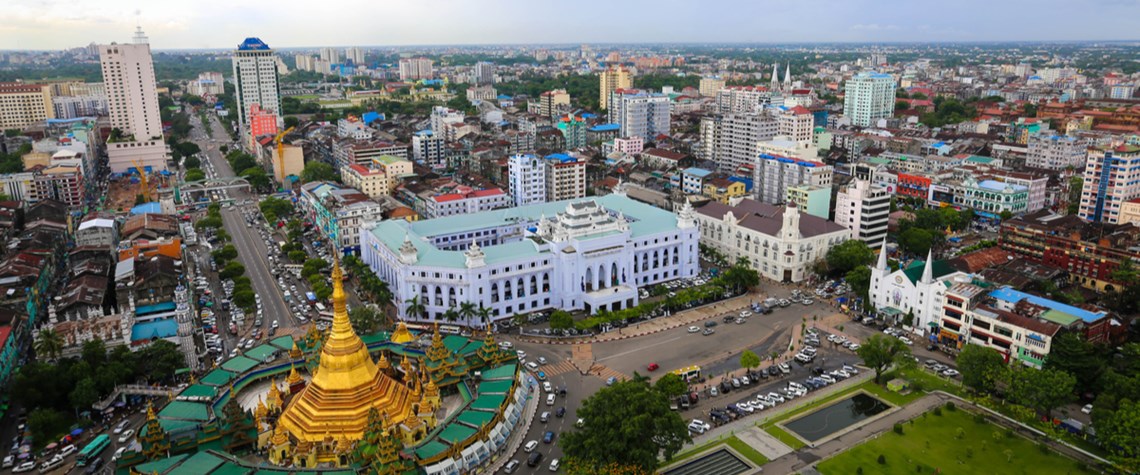Fear of China to keep Myanmar’s LNG projects alive
Investors pulling out would create a space for Beijing to fill
The potential for China to extend its influence in Southeast Asia means Myanmar’s planned LNG projects are unlikely to become casualties of the country’s military coup. Myanmar's apparent transition to partial democracy under Aung San Suu Kyi opened the door to international investment as sanctions were lifted. However, the Ahlone and Thilawa LNG-to-power projects—in which Japanese companies have invested—could face delays as a result of reversion to military rule, consultancy Wood Mackenzie argues. Ahlone is a 388MW joint venture between Italian-Thai Development (51pc) and Japan’s Toyo Engineering (49pc), while the Thilawa project includes a 1,250MW LNG-supplied power plant and is being dev

Also in this section
18 February 2026
With Texas LNG approaching financial close, Alaska LNG advancing towards a phased buildout and Magnolia LNG positioned for future optionality, Glenfarne CEO Brendan Duval says the coming year will demonstrate how the company’s more focused, owner-operator approach is reshaping LNG infrastructure development in the North America
18 February 2026
The global gas industry is no longer on the backfoot, hesitantly justifying the value of its product, but has greater confidence in gas remaining a core part of the global energy mix for decades
18 February 2026
With marketable supply unlikely to grow significantly and limited scope for pipeline imports, Brazil is expected to continue relying on LNG to cover supply shortfalls, Ieda Gomes, senior adviser of Brazilian thinktank FGV Energia,
tells Petroleum Economist
17 February 2026
The 25th WPC Energy Congress, taking place in Riyadh, Saudi Arabia from 26–30 April 2026, will bring together leaders from the political, industrial, financial and technology sectors under the unifying theme “Pathways to an Energy Future for All”







